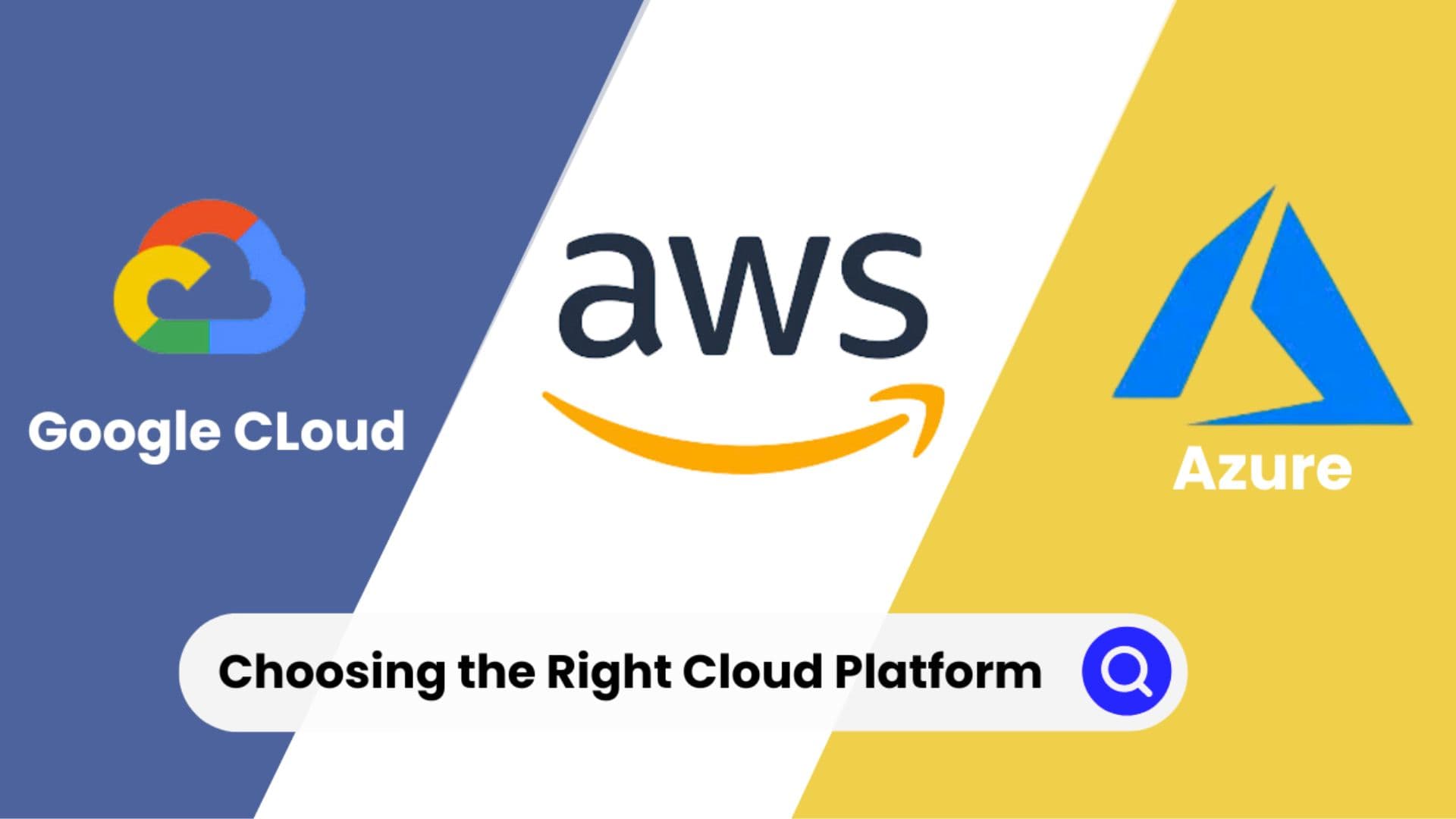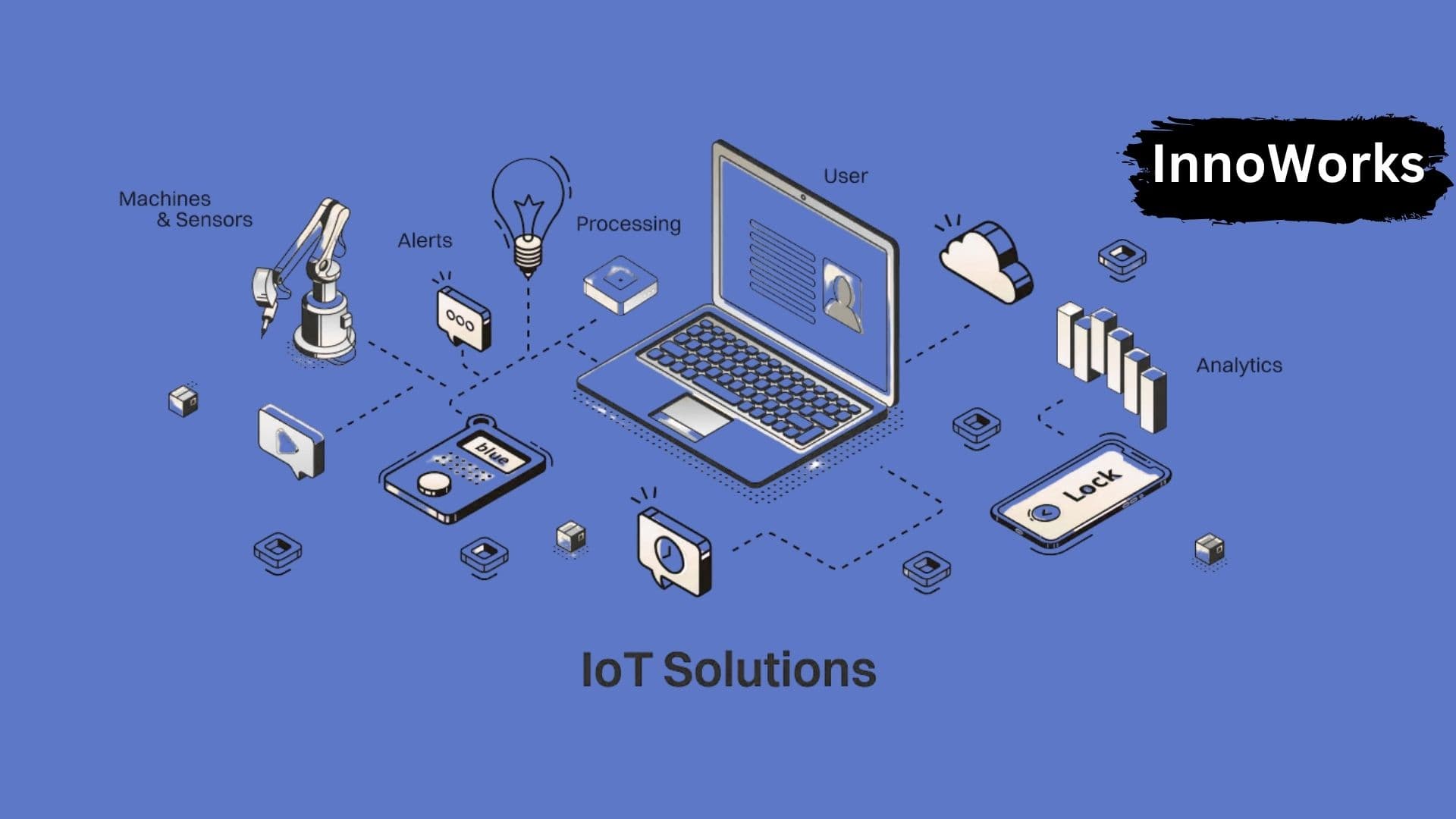Enterprise Content Management (ECM) systems are essential for organizations managing large volumes of documents, records, and digital assets. This comprehensive comparison guide evaluates leading ECM platforms to help you select the right solution for your organization's needs.
What is Enterprise Content Management?
ECM encompasses the strategies, methods, and tools used to capture, manage, store, preserve, and deliver content across an organization.
Core Functions
- Document management
- Records management
- Workflow automation
- Collaboration
- Compliance and governance
- Search and discovery
ECM Market Overview
The ECM landscape continues to evolve.
Market Trends
| Trend | Impact |
|---|---|
| Cloud migration | SaaS ECM growth |
| AI integration | Intelligent content services |
| Modern UX | Improved user adoption |
| API-first | Better integration |
| Content services | Modular approaches |
OpenText Content Server
Enterprise-grade content management platform.
OpenText Overview
- Comprehensive ECM capabilities
- Strong enterprise features
- Extensive integration options
- Regulatory compliance support
- Scalable architecture
OpenText Key Features
- Document Management
- Version control
- Check-in/check-out
- Metadata management
- Records Management
- Retention policies
- Legal holds
- Disposition
- Workflow Automation
- Business process automation
- Approval workflows
- Search
- Full-text search
- Advanced query
- Integration
- SAP integration
- Microsoft integration
OpenText Strengths
- Enterprise scalability
- Deep integration capabilities
- Comprehensive compliance features
- Mature platform
- Strong security
OpenText Considerations
- Higher total cost of ownership
- Complex implementation
- Steeper learning curve
- On-premises focus (cloud options available)
OpenText Best For
- Large enterprises
- Regulated industries
- SAP environments
- Complex content requirements
Documentum
Powerful ECM platform now part of OpenText.
Documentum Overview
- Enterprise content management
- Strong life sciences focus
- Advanced compliance features
- Robust API
- High-volume content handling
Documentum Key Features
- Document lifecycle management
- Advanced security controls
- Regulatory compliance tools
- Content federation
- Web content management
Documentum Architecture
- Content Server
- Core repository
- D2 Client
- Modern web interface
- xCP
- Business applications
- Webtop
- Traditional interface
- REST APIs
- Integration layer
Documentum Strengths
- Excellent for regulated industries
- Strong compliance capabilities
- High performance at scale
- Rich APIs for customization
- Content intelligence features
Documentum Considerations
- Complex administration
- Significant implementation effort
- Higher licensing costs
- Specialized skills required
Documentum Best For
- Life sciences organizations
- Financial services
- Government agencies
- Organizations with complex compliance needs
Microsoft SharePoint
Widely adopted collaboration and content platform.
SharePoint Overview
- Part of Microsoft 365 ecosystem
- Strong collaboration features
- Familiar Microsoft interface
- Cloud and on-premises options
- Extensive customization
SharePoint Key Features
- Document Libraries
- Version history
- Co-authoring
- Metadata columns
- Team Sites
- Collaboration spaces
- Communication sites
- Workflow
- Power Automate integration
- Approval flows
- Search
- Enterprise search
- Content discovery
- Integration
- Microsoft 365 apps
- Power Platform
SharePoint Strengths
- Microsoft ecosystem integration
- Familiar user interface
- Strong collaboration features
- Active development
- Large partner ecosystem
SharePoint Considerations
- Records management requires add-ons
- Complex governance at scale
- Customization can create technical debt
- Migration complexity
SharePoint Best For
- Microsoft-centric organizations
- Collaboration-focused needs
- Mid-size enterprises
- Organizations using Microsoft 365
Alfresco
Open-source enterprise content platform.
Alfresco Overview
- Open-source foundation
- Modern architecture
- Flexibility and extensibility
- Cloud and on-premises
- Active community
Alfresco Key Features
- Content services platform
- Process automation
- API-first design
- Records management
- Collaboration tools
Alfresco Architecture
- Content Services
- Repository
- Search services
- Digital Workspace
- Modern web client
- Process Services
- Workflow automation
- Governance Services
- Records management
- Integration
- REST APIs
- CMIS support
Alfresco Strengths
- Open-source flexibility
- Modern architecture
- Lower licensing costs
- Strong API support
- Customization options
Alfresco Considerations
- Smaller vendor compared to leaders
- Community edition limitations
- Enterprise features require licensing
- Fewer out-of-box integrations
Alfresco Best For
- Organizations valuing open source
- Custom application development
- Cost-conscious enterprises
- Technical teams comfortable with customization
IBM FileNet
Enterprise content platform from IBM.
FileNet Overview
- Enterprise-grade ECM
- Strong workflow capabilities
- High scalability
- IBM ecosystem integration
- Case management features
FileNet Key Features
- Content management
- Business process management
- Case management
- Records management
- Content analytics
FileNet Strengths
- High performance and scale
- Strong case management
- IBM integration
- Advanced workflow
- Enterprise security
FileNet Considerations
- Complex implementation
- Higher costs
- Specialized skills needed
- Learning curve
FileNet Best For
- IBM shops
- Case management needs
- High-volume environments
- Complex workflow requirements
Hyland OnBase
Comprehensive content services platform.
OnBase Overview
- Unified content platform
- Strong industry solutions
- Enterprise features
- Multiple deployment options
- Integration focus
OnBase Key Features
- Content Management
- Document capture
- Storage and retrieval
- Case Management
- Content-centric cases
- Process Automation
- Workflow designer
- Industry Solutions
- Healthcare
- Higher education
- Financial services
- Integration
- ERP integration
- Line of business apps
OnBase Strengths
- Industry-specific solutions
- User-friendly interface
- Strong capture capabilities
- Flexible deployment
- Good partner ecosystem
OnBase Considerations
- Pricing can be complex
- Some legacy technology
- Varying modernization across modules
OnBase Best For
- Healthcare organizations
- Higher education
- Financial services
- Organizations seeking industry solutions
Laserfiche
Document management and process automation.
Laserfiche Overview
- User-friendly ECM
- Strong workflow automation
- Cloud-first approach
- Affordable for mid-market
- Good capture capabilities
Laserfiche Key Features
- Document management
- Workflow automation
- Forms management
- Records management
- AI-powered classification
Laserfiche Strengths
- Ease of use
- Good value proposition
- Modern cloud platform
- Strong workflow
- Quick implementation
Laserfiche Considerations
- Less suitable for very large enterprises
- Fewer advanced ECM features
- Limited global presence
Laserfiche Best For
- Mid-size organizations
- Government agencies
- Organizations seeking ease of use
- Workflow-centric needs
Nuxeo
Modern content services platform.
Nuxeo Overview
- Modern architecture
- Cloud-native design
- Developer-friendly
- AI capabilities
- Headless content services
Nuxeo Key Features
- Content services
- Digital asset management
- AI and ML integration
- Microservices architecture
- Cloud deployment
Nuxeo Strengths
- Modern technology stack
- Developer-focused
- Strong AI features
- Flexible architecture
- Good API support
Nuxeo Considerations
- Smaller market presence
- Less traditional ECM features
- Requires technical expertise
Nuxeo Best For
- Digital-first organizations
- Developer teams
- AI-focused content strategies
- Modern architecture requirements
Feature Comparison
Side-by-side capability analysis.
Core Features
| Feature | OpenText | SharePoint | Alfresco | Documentum |
|---|---|---|---|---|
| Document Management | ★★★★★ | ★★★★☆ | ★★★★☆ | ★★★★★ |
| Records Management | ★★★★★ | ★★★☆☆ | ★★★★☆ | ★★★★★ |
| Workflow | ★★★★☆ | ★★★★☆ | ★★★★☆ | ★★★★☆ |
| Collaboration | ★★★☆☆ | ★★★★★ | ★★★☆☆ | ★★★☆☆ |
| Search | ★★★★★ | ★★★★☆ | ★★★★☆ | ★★★★★ |
| Compliance | ★★★★★ | ★★★☆☆ | ★★★★☆ | ★★★★★ |
| Integration | ★★★★★ | ★★★★★ | ★★★★☆ | ★★★★☆ |
Deployment Options
How platforms can be deployed.
Options
| Platform | On-Premises | Private Cloud | Public Cloud |
|---|---|---|---|
| OpenText | ✓ | ✓ | ✓ |
| SharePoint | ✓ | ✓ | ✓ (Online) |
| Alfresco | ✓ | ✓ | ✓ |
| Documentum | ✓ | ✓ | ✓ |
| FileNet | ✓ | ✓ | ✓ |
| OnBase | ✓ | ✓ | ✓ |
| Laserfiche | ✓ | ✓ | ✓ |
| Nuxeo | ✓ | ✓ | ✓ |
Evaluation Framework
How to assess ECM platforms.
Key Criteria
- Functional Requirements
- Core ECM features
- Industry needs
- Workflow requirements
- Technical Requirements
- Architecture fit
- Integration needs
- Scalability
- Vendor Considerations
- Market position
- Support and services
- Roadmap alignment
- Total Cost of Ownership
- Licensing
- Implementation
- Ongoing costs
- User Experience
- Ease of use
- Mobile access
- Training requirements
Industry Fit
Match platforms to industry needs.
Industry Recommendations
| Industry | Primary Options | Key Requirements |
|---|---|---|
| Life Sciences | Documentum, OpenText | Compliance, validation |
| Financial Services | OpenText, FileNet | Security, audit trails |
| Healthcare | OnBase, OpenText | HIPAA, integration |
| Government | Laserfiche, SharePoint | Records management |
| Manufacturing | SharePoint, Alfresco | Engineering docs, CAD |
| Legal | OpenText, NetDocuments | Matter management |
Organization Size
Platform fit by organization scale.
Recommendations
- Small (< 500 users): SharePoint, Laserfiche
- Medium (500-5,000 users): SharePoint, Alfresco, OnBase
- Large (5,000+ users): OpenText, Documentum, FileNet
- Enterprise (global): OpenText, Documentum
Implementation Complexity
Effort required for deployment.
Complexity Factors
| Platform | Implementation Effort | Timeline (typical) |
|---|---|---|
| OpenText | High | 6-18 months |
| SharePoint | Medium | 3-9 months |
| Alfresco | Medium | 4-12 months |
| Documentum | High | 6-18 months |
| FileNet | High | 6-18 months |
| OnBase | Medium | 4-12 months |
| Laserfiche | Low-Medium | 2-6 months |
Migration Planning
Moving from legacy systems.
Migration Steps
- Content inventory and analysis
- Metadata mapping
- Security and permissions mapping
- Migration tool selection
- Pilot migration
- Full migration execution
- Validation and cleanup
Integration Requirements
Connecting with other systems.
Common Integrations
- ERP systems (SAP, Oracle)
- CRM platforms
- Email systems
- Line of business applications
- Identity management
- Business intelligence
Working with Innoworks
At Innoworks Software Solutions, we help organizations select, implement, and optimize ECM platforms.
Advisory
- Platform selection assistance
- Requirements analysis
- Architecture design
- Vendor evaluation
Implementation
- Platform deployment
- Migration services
- Integration development
- Custom solutions
Support
- Ongoing administration
- Performance optimization
- Upgrade planning
- Training and adoption
Conclusion
Selecting the right ECM platform requires careful evaluation of your organization's specific requirements, industry needs, technical environment, and budget constraints. Each platform has strengths suited to different scenarios, and the best choice depends on your unique situation.
Whether you need enterprise-scale compliance features, modern collaboration capabilities, or flexible open-source solutions, the ECM market offers options to meet your needs. Partner with experienced ECM consultants like Innoworks to evaluate options and implement the right solution for your organization.
Need help selecting or implementing an ECM platform? Contact Innoworks to discuss your content management requirements and find the right solution.



